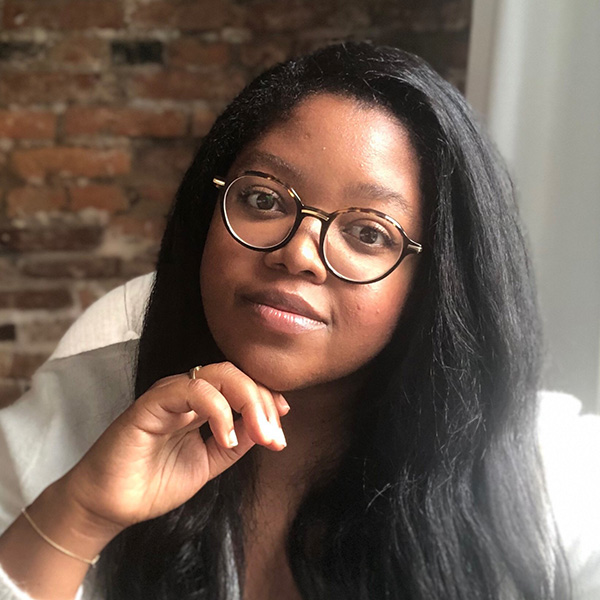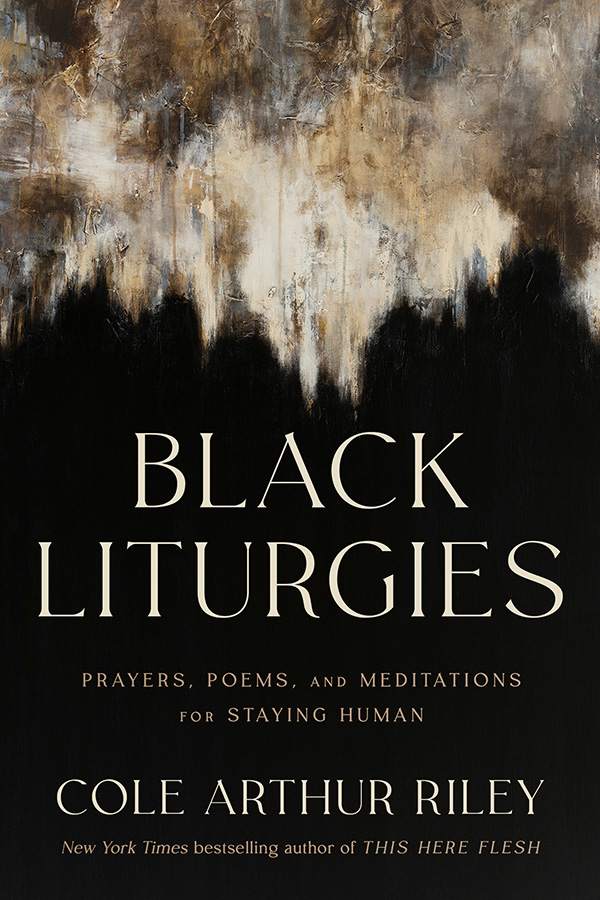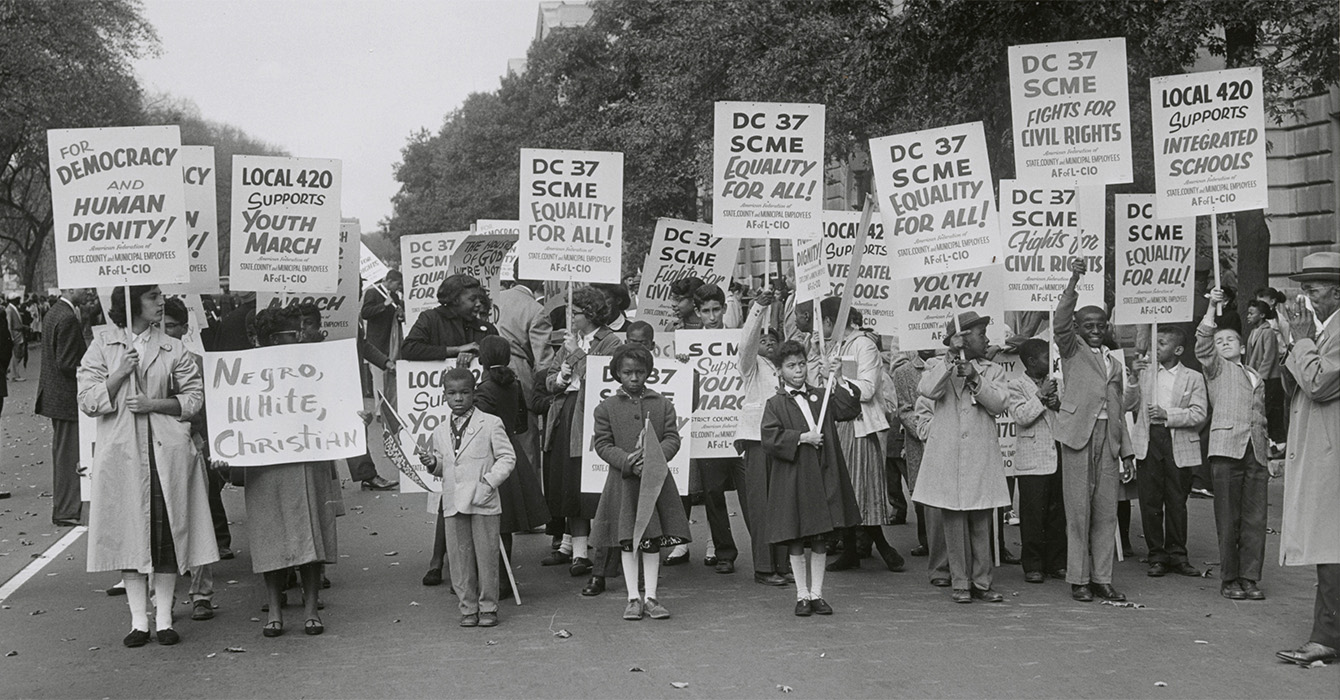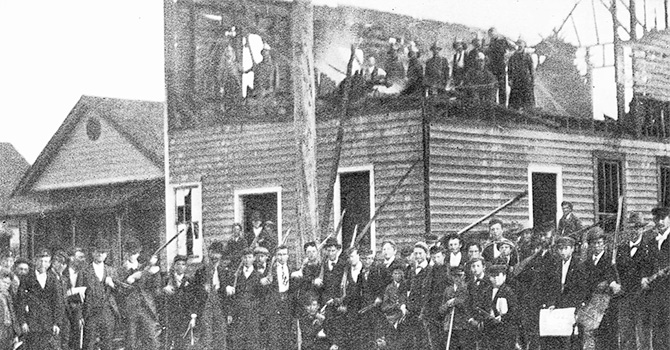Jonathan Wilson-Hartgrove grew up in the white evangelical subculture. He later embarked on a painstaking -- and sometimes painful -- examination and then rejection of the gospel he grew up with.
This spiritual journey led him to his vocation as a writer, speaker and activist, co-founder of an intentional community, and director of the School for Conversion in Durham, North Carolina. He has worked as well with the Rev. William J. Barber in Barber’s crusade for justice, first in North Carolina and now on a national scale.
 Wilson-Hartgrove interweaves his personal story with history and theological insights in his new book, “Reconstructing the Gospel: Finding Freedom from Slaveholder Religion,” where he writes that the American gospel has been rent in two -- into slaveholder religion and the Christianity of Christ.
Wilson-Hartgrove interweaves his personal story with history and theological insights in his new book, “Reconstructing the Gospel: Finding Freedom from Slaveholder Religion,” where he writes that the American gospel has been rent in two -- into slaveholder religion and the Christianity of Christ.
As difficult as it is to recognize the ways in which slaveholder religion has affected American Christianity, there is hope, he said in a recent conversation with Faith & Leadership.
“What I recognize is that on the other side of the work there’s a great freedom and joy -- the joy that’s there in the beloved community, that’s possible on the other side of facing the terrible mess we’ve made of the gospel in America,” he said.
Wilson-Hartgrove is a board member for Repairers of the Breach and sits on the national steering committee of the Poor People’s Campaign, a continuation of the effort begun by the Rev. Dr. Martin Luther King Jr. in 1968. The renewed campaign will intensify this spring, with six weeks of direct action and civil disobedience across 30 states starting on Mother’s Day, leading up to a mass mobilization at the U.S. Capitol on June 21.
Wilson-Hartgrove is an associate pastor of St. John’s Missionary Baptist Church in Durham and is the author or co-author of numerous books, including, with Barber, “The Third Reconstruction: Moral Mondays, Fusion Politics, and the Rise of a New Justice Movement.”
He spoke recently with Faith & Leadership. The following is an edited transcript.
Q: Your book is a very personal story that points to a bigger story. Why did you choose to make your argument in this way?
I’m a writer because when I was in college, I read Merton’s “Seven Storey Mountain.” He invited everyone who read that book to wrestle with central theological questions of the 20th century -- but it was a memoir.
That’s how I try to write. I wanted to grapple with a question that I think is central to what the gospel means in the United States. But it has also been my own story.
So I tried to weave memoir with history and biblical interpretation in a way that I hope invites people into a story that they can recognize, that they’re also living out in one way or another.
Q: You write quite lovingly about your white, Trump-supporting grandfather and your African-American son. You make these powerful arguments, and yet on a personal level, you seem to be able to make connections. What’s the process for you personally and theologically?
Well, St. Paul tells us our battle is not against flesh and blood; it’s against principalities and powers. I think these principalities and powers want to divide us. They want to pit us against each other, and so the radical love ethic of the prophet tradition says we refuse to hate. We refuse to hate anyone.
I just preached at Grandfather’s funeral two weeks ago. He just died.
Q: Oh, I’m so sorry for your loss.
Thank you. But it was an honor to walk with him in his last days of life and to talk with him to the very end about the gospel, because he cared a lot about it his whole life.
I think to the very end of his life he was coming to understand it better, and that in and of itself gives me hope that people are on a journey and healing is what we all need.
I’m not giving up on anybody, and I’m also not against anybody. I’m trying to name what I think has been done to us and the way these principalities and powers want to divide us.
But I want healing for society and individuals, because I think it’s what the gospel promises and it’s what we need.
Q: Was your story painful to excavate and to tell?
Yes. Writing the book was challenging in some ways. But I’m writing a story that I’ve been living rather intentionally for about 20 years, so I think some of the more painful work had been done prior to writing the book.
What I recognize is that on the other side of the work there’s a great freedom and joy -- the joy that’s there in the beloved community, that’s possible on the other side of facing the terrible mess we’ve made of the gospel in America.
Q: You write about the gospel being split, that idea of the two sides of Christianity. What do you mean by that?
By naming “slaveholder religion” -- which of course I didn’t do myself; it’s a gift passed down from Frederick Douglass -- that distinction helps me to name what I inherited. Part of what I try to dig into in the book is all the arguments that were made for slavery in the 19th century that are essentially forgotten now, right? We’ve moved on, everyone would like to think.
Yet the way that people learned to read the Bible in order to justify the enslavement of human beings didn’t actually go away. As a matter of fact, those ways of reading the Bible won. So mainstream American Christianity in the 20th century was largely the second- and third-generation descendants of those scholars.
By the mid-19th century, it was no longer possible to simply write off the abolitionists. They had too good a case, and they were building something of a movement. Their case was fairly straightforward: a God of justice, a God of love, couldn’t possibly sanction the enslavement of other human beings. They didn’t feel like they needed to go on [arguing that case].
The pro-slavery arguments, however, went on and on and on and on. They’d gone on and on for years. And that gospel made a clear decision, mid-19th century, to distinguish between the well-being of bodies and the well-being of souls.
One argument they started to make over against the abolitionists was that not only is slavery justifiable, but slavery is actually a good. It’s a good because if those poor heathens had died and gone to hell in Africa, they would have been worse off than if they had come here and -- though enslaved -- heard the gospel.
It’s a very patronizing view of folks who are descended from Africa, but one that also made this essential distinction between the well-being of souls and the well-being of people’s bodies. That tore the gospel in two.
And that distinction is still very much with us, so that even today there are so-called “mission-minded” Christians who think that planting churches and spreading the gospel, having large crusades where people hear the good news, is not in any way connected to the issues of people’s well-being and equality and justice in the world.
That’s slaveholder religion, and it’s with us still.
Q: So what do you hope your readers not just understand but do about that? Because you do make a turn in the book where you do offer up a more hopeful vision.
Absolutely. What do I hope people do? I tried to use this framework of racial blindness, racial habits and racial politics, because I think we inherit this on all those levels.
It has to do with personally what people simply can’t see. I believe people when they say they don’t see it, because I’d never seen a lot of this stuff until people started pointing it out to me.
We are blind, and blindness needs to be healed, so there’s that. But once you begin to see what we think of as simply normal ways of being in the world that reinforce our segregation and our norms, we can challenge those.
All Christians believe you have to love your neighbor as yourself, right? But how can you love your neighbors if you don’t even know them? There are some neighbors we just don’t know.
I think a lot of that has to do with where we eat and where we hang out on the weekends and where we worship and where we go for our information about what’s going on in the world.
For white folks, I think just relocating ourselves and listening to people of color in the spaces that they control is really important formation.
That’s formation that’s shaping how we see the world and thus how we read the Bible and how we figure out how we’re going to flesh it out in the world.
I hope the people who read this book would be intentional about putting their bodies in places where they can learn from people they haven’t known, haven’t listened to.
Q: Who is your intended audience for this? Is it folks with an evangelical background such as your own?
Well, yes, but not exclusively, because I do think that my more progressive and mainline friends can be a bit snooty and think that by virtue of not being fundamentalists, they haven’t been racist -- when as a matter of fact, whiteness has shaped every major institution in the United States, which certainly includes mainline religion.
So I hope it’s a book for anyone who wants to take the gospel seriously in the American context. And I don’t simply mean that for people who have committed their lives to it. I also hope that it’s helpful to people who are trying to make sense of what’s happening in America in this moment.
It’s impossible to imagine a presidency like Donald Trump’s continuing without the support of white evangelicals. The approval rating is somewhere in the 30s for the general population, and it’s still in the 60s for people who self-identify as white evangelical.
That’s an incredible statement of faith. Right? That’s believing in spite of the evidence; that’s what faith is.
And so at some point, you have to ask yourself, “What are people really believing?” I think people are believing in many ways the same redemption narrative that white people believed after the end of Reconstruction.
Q: What’s the redemption narrative?
The 13th Amendment guaranteed that chattel slavery would not exist anymore in the United States. But that did nothing to do away with slaveholder religion. And slaveholder religion continued in Southern churches -- and again, that’s everything from Baptist to Episcopalian. This was not just far right-wing churches. This was everybody.
The narrative that developed, when you go back and read the sermons, was that the South had fallen under the illegitimate rule of what those preachers called “corrupt Northerners” and “Negro rule” -- black political power.
That was read as an exile just like Israel was in exile in Babylon, and the prayers of the people were prayers to be redeemed.
At the Colfax [Louisiana] courthouse in 1873, “good Christian men,” white men, left their Easter Sunday worship services and went and killed everybody who was holding on to political power in the courthouse that day. It was not only terrorism; it was also a political coup. They took over the county [parish] government.
That became the pattern for the Mississippi Plan that over the next four years combined terrorism and voter suppression to mount a coup in the election of 1876.
It didn’t quite work. They didn’t quite win, so they had to strike this compromise with Rutherford B. Hayes. He was a Republican, but he promised to pull the troops out of the South.
That’s the redemption that the Southern churches had been praying for, and that they celebrated.
So this very theological term, “redemption,” is what they said the end of Reconstruction was. And that’s what historians called that period, the Redemption Period.
It’s not only in some ways the reversal of the result of the Civil War, but it also nationalizes white supremacy. This is not just a Southern thing anymore.
So in many ways, that “redemption” that slaveholder religion had longed for and prayed for -- and indeed saw happen -- is a history that has deeply shaped American life. And that, I think, is echoing in the time that we’re living in now.
Q: Talk a little bit about the other Christianity, which you focus on in the second half of the book.
This hard reality that slaveholder religion never went away is accompanied by the other side of what Douglass said, that there is another Christianity.
This is the Christianity that was in many ways fleshed out on the edges of the plantations, where folks stole away with the stories that they had heard and knew -- that the God who had raised Israel out of Egypt and raised Jesus from the dead was also calling them from slavery to freedom, and that anyone who truly trusted Jesus was with them in that struggle.
That kind of Christianity that recognizes the equal worth of every person created in God’s image, and that sees that a relationship with God is necessarily a relationship with other people we’ve been separated and divided from by the powers of this world, in order to be a beloved community that is pursuing justice and peace in this world -- that Christianity is also a part of the American story.
It has frankly, I think, been the thing that has driven every move toward a more perfect union in the history of the country: the abolitionists, the women’s suffrage movement, the social gospel and the New Deal in the 40s.
All of these things are deeply faith-rooted movements, and they include a wide array of people who are brought together by their faith and by this compelling vision that we can be more than what we have been.
Q: This relates to the work you are doing now with Repairers of the Breach and the Rev. William Barber. What is that?
Repairers of the Breach is an organization that was started at Moral Mondays here in North Carolina to share what we saw as a spirit-led revival that happened. A fusion coalition of people, who were very diverse and often hadn’t done very much together, came together for these camp meeting-type events on our Statehouse lawn all summer long once a week.
The altar call for each of those services was to come forward and take direct action and to try to bring a moral agenda into our Statehouse.
That resulted in the arrest of over 1,000 people and led to a real soul searching about what was really happening in our state -- not just among Christian people but among people of all faiths, and people not of faith.
After that summer, we heard from a lot of folks in other places who said, “The same kinds of things you all are wrestling with in North Carolina we’re also wrestling with in Missouri, in Tennessee, in Georgia.”
And so Repairers of the Breach really started as a kind of teaching ministry for Rev. Barber to share his vision for fusion coalitions that could come together and pursue a moral agenda in the public square.
Q: What’s your role with your organization?
I’ve lived my life in the white evangelical subculture. I grew up in it. I was educated in an evangelical liberal arts school outside Philadelphia.
These are my people, and in many ways, I think my people have been hoodwinked by incredible forces that we largely don’t understand.
I do feel like I have a responsibility to be a kind of ambassador to that community. This is much deeper than the liberal/conservative divide. This is about a basic reckoning with the fundamental injustices in this country, which is what reconstruction has always been about.
I really think that’s the great struggle that we have to engage in these times, and it’s the great struggle at the heart of whether America is possible.








